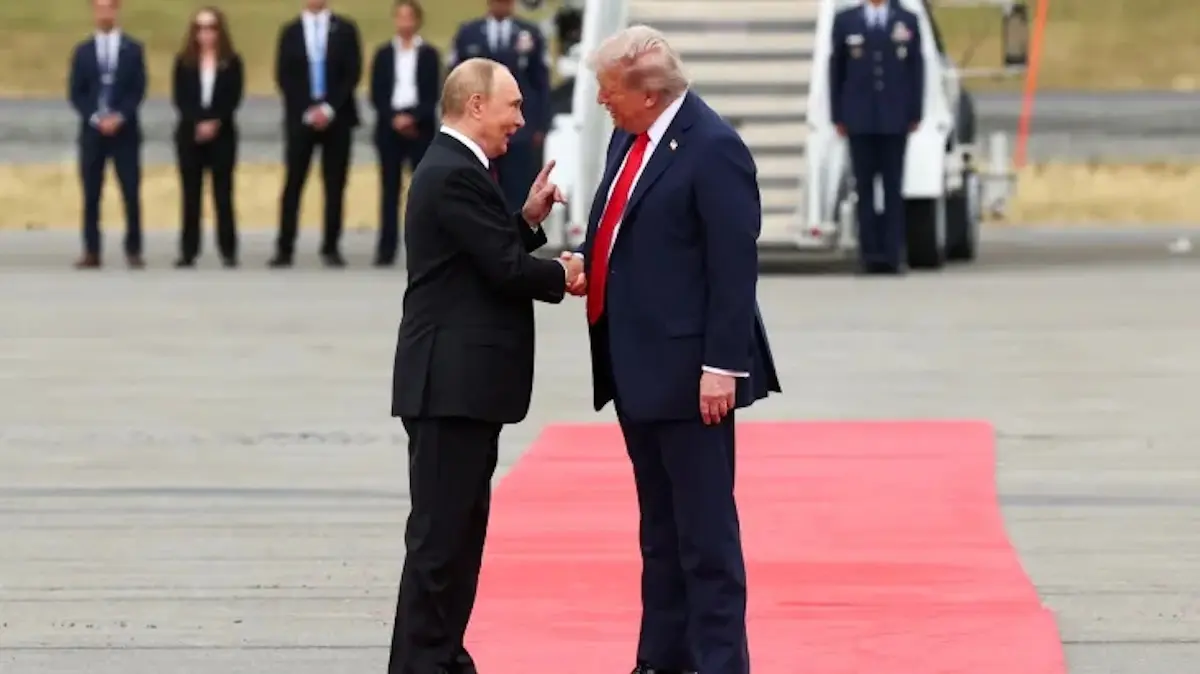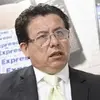From peace in Alaska to peace in Moscow

Russian President Vladimir Putin, whom I criticize all the time, knows about the difficulties faced by US President Donald Trump in achieving peace in Eastern Europe.
Everything was ready to be announced, as the war between Russia and Ukraine should never have happened or lasted so long (almost four years). Putin was not going to allow peace to be announced in Alaska, which has the double significance of being US territory and having been part of Russia until 1867, when it was sold to Washington.
It would have been a political defeat for Putin, who is constantly seeking to empower himself, mindful of his country's vulnerable domestic front. The open invitation to Trump to hold the next bilateral meeting in Moscow serves this purpose. With Putin's cunning exposed, I do not believe that Trump cares much about a third venue for achieving peace.
Pragmatic to the core, the only thing that interests him is sealing the deal, given that it is a clear promise to the American people and, by extension, to humanity, when he took office for his second and final term on January 20, 2025.
Last Friday's long-awaited meeting looked very symmetrical from a diplomatic standpoint, and that was a good thing: they arrived practically together, appeared and shook hands in a deliberately synchronized encounter, taking care that neither one went looking for the other, much less at an disadvantageous angle.
During the press conference that followed the long meeting, the symmetry was maintained along the lines that defined the carefully planned encounter, and that effort, which was predominantly diplomatic, even allowed room for spontaneity, which was conspicuous by its absence.
Diplomacy is fundamental as an instrument of foreign policy, and not only as its natural and greatest vehicle for negotiation. Trump has said that he will communicate his preliminary agreements with Putin to NATO member countries, which will essentially be a kind of carrot, as he has been doing since his first term, because he does not want anything to spoil his objective, which, just in case, looking at the peace that could be achieved between Russia and Ukraine, is not the ultimate goal, but rather the indispensable one in order to focus on China, his greatest obstacle and contemporary economic threat.
Perhaps the easiest part of the agreement in its geopolitical section will be for Crimea, annexed by Moscow in 2014, to become de jure (by law) Russian territory. The most complicated part will be addressing the Donbas region—which has enormous Russian influence—on the border between the two countries, and on which Volodymyr Zelensky's government should not be reactive.
Putin's demand to put the brakes on Ukraine's entry into NATO will be a piece of cake for Trump, as Zelensky does not have many cards to play in exchange for peace, which will be priceless for his country. We will see what happens in Moscow.
Miguel Ángel Rodríguez Mackay. Former Foreign Minister of Peru and Internationalist

